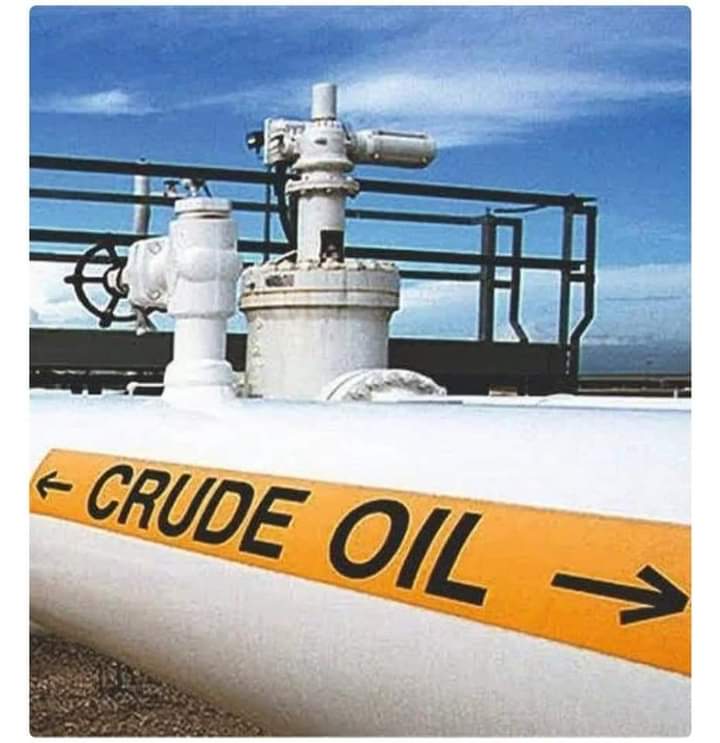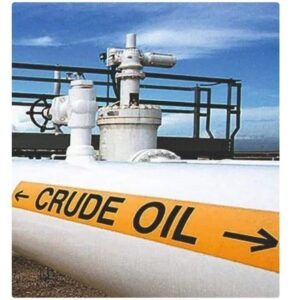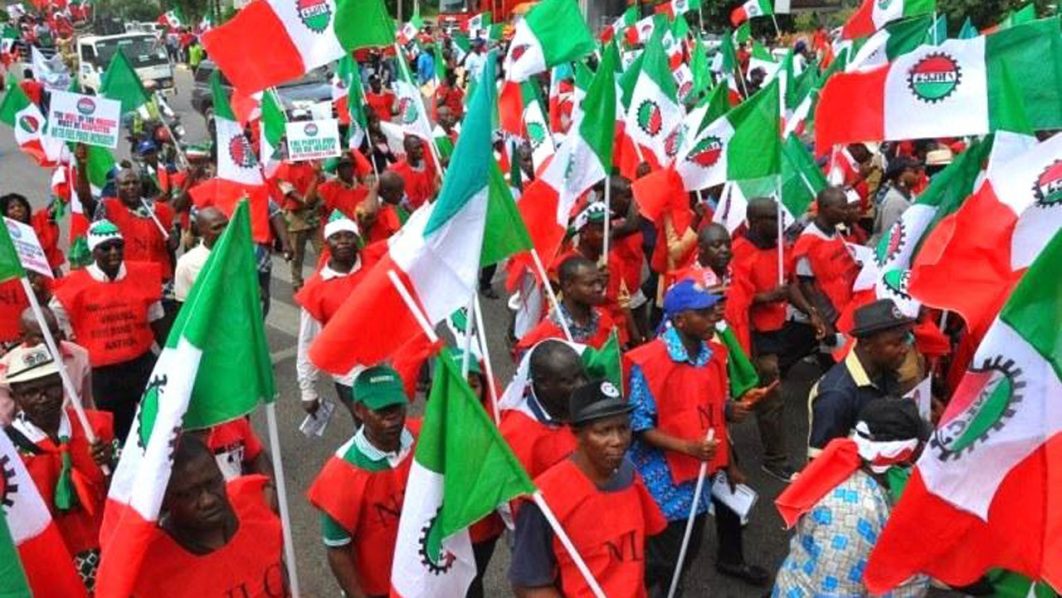The first oil discovery in Nigeria was in Edda, Ebonyi State.


The first oil discovery in Nigeria was in Edda, Ebonyi State.
The Edda oil field in Ebonyi State was discovered back in 1928 but was subsequently abandoned.
On April 25, 1928, a memorandum was received from the Director of Geological Survey, stating that the “fluid was certainly crude oil of medium to high specific gravity, and its discovery by you is of the greatest importance.”
From the recovered documents, a sample of the oil was forwarded to the British government in London on July 5, 1928. In an earlier correspondence, the Director of Geological Survey, Mr. P. O. Kinna, on May 9, 1928, wrote to the Chief Secretary to the Government in Lagos on the topic: “Oil at Ngusu (Nguzu),” stating: “I have the honor to forward a report by Mr. Bain on the oil seepage at Ngusu (Nguzu), which he examined in January and February this year.
“This seepage of oil is very similar to that previously described from near Awgu and those occurrences warrant the hope that oil may yet be found in the beds in greater quantities. The oil appears in the bed of a small stream about half a mile to the west of the Ngusu rest house, which lies some 14 miles southwest of Afikpo.
“It oozes out from the sides of a pit dug in the stream-bed and is accompanied by the evolution of gas, which bubbles up through the water accompanying the oil. Under favorable conditions, the oil burns freely as jet and is probably a mixture of methane and ethane, two gases associated with mineral oil. A fairly steady flow of oil was maintained amounting to about two gallons per day.”
In his expert opinion, Bain suggested that should a detailed geologic survey show that the oil is gravitating down the hillside from pebbly sandstone, it is unlikely to yield economic supplies unless seepages are found east of the watershed. However, should further work show that the oil is being forced up through the shales under gas pressure, there is the possibility of economic supplies being concealed in a deep-seated natural reservoir.
To clear this speculation, he advised that such a problem could only be solved by a “detailed geological investigation directed, especially, to determining the underground rock structures.”
To ensure the oil was tapped, Shelton solicited financial assistance from Ogoja to motivate the people, as he put it: “in order to secure the aid of some of the local inhabitants.”
After the samples were sent to London, the Imperial Institute, South Kensington, London, SW7, on December 20, 1928, wrote in reply to the geologists in Nigeria regarding the Edda oil samples in Reference No. M.3566, stating: “It will be noted that oil of similar quality to that represented by the sample, if free from sediments and water, could be used as a fuel oil.” This was signed by L.M Henderson Scott, Principal, Mineral Resources Department.
Saturday Sun’s search at the Archives in Enugu concerning the Edda oil finds, after a visit to Edda to see the oil find spots, was revealing and rewarding. The file is intact and filled with indisputable facts of the oil discovery. By the documents there, so far, there is no oil find in Nigeria older than that of Edda. This contradicts the record that the first oil find in Nigeria was in Oloibiri, in present Bayelsa State. Oloibiri was in the mid-50s, while that of Edda is almost 30 years older.
The file: No. OG/2003, Subject: Discovery of Oil in Afikpo Division by Mr. L.H. Shelton, then D.O (Divisional Officer of the British colonial government) was deposited at the Archives on January 15, 1956. This period of filing coincides with the second oil find in Edda by Shell BPC at another location. While the first find was in Nguzu, the second was at Ezi Edda. At this place, Saturday Sun saw the landmark still intact. Between the Orienta Primary School, Ezi-Edda and Etiti Secondary School, and a health center is this oil well marked with a platform, just about a pole off the major road that leads to Ndiba Edda. With age and the school children that shake and tamper with the platform, where they crack palm nuts from palm trees standing nearby, sides of the concrete slab are gone. A native who took Saturday Sun there, Mr. Arua Paul, explained that in his days, as a schoolboy in the primary school in the 70s, there used to be a red plastic cap on the metal vertical projection on the slab that had an inscription of the date of the well dig and the company.





